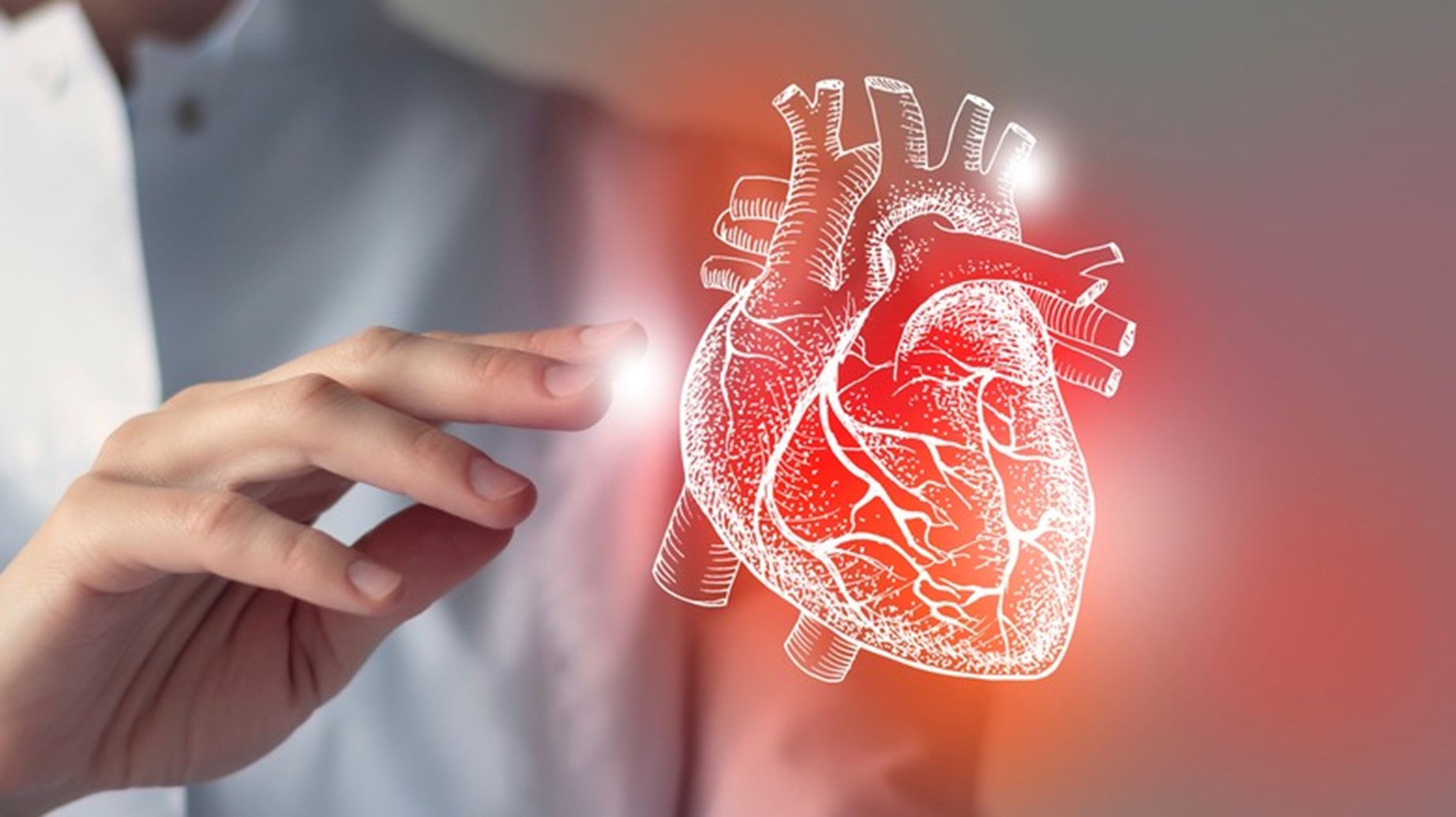Cholesterol is a waxy essence found in every cell of your body. It sustains building cell membranes, makes hormones, and makes vitamin D. Your body inherently makes cholesterol, but it is also discovered in feeds like meat, dairy results, and eggs. While cholesterol is necessary for sound health, including too much of it in your bloodstream can pose threats to your soul.
Kinds of Cholesterol: HDL and LDL
Cholesterol is hauled via your bloodstream in two main formats:
- HDL (High-Density Lipoprotein): Often referred to as “right cholesterol,” HDL benefits have extra cholesterol from the arteries around to the liver, where it is released from the body. More elevated ranks of HDL are associated with a lower chance of heart disorder.
- LDL (Low-Density Lipoprotein): This is normally anointed “poor cholesterol” because too much LDL can lead to a buildup of cholesterol in the arteries. Over time, this plaque can narrow the arteries, slow blood flow, and raise the chance of heart attack and stroke.
How Increased Cholesterol Impacts Your Heart
When your body has too much LDL cholesterol, it can get in the partitions of your arteries. Atherosclerosis is one of the top reasons for heart illness, heart attacks, and strokes. In extreme circumstances, it can even lead to coronary artery illness, where the heart’s blood collection is stopped or slowed.
The Matter of Balancing Cholesterol Levels
Keeping a ratio between HDL and LDL cholesterol is key to heart fitness. The plan is to have more elevated levels of HDL and lower levels of LDL. A nutritional ratio can decrease the chance of creating heart issues, as HDL assists clear extra cholesterol from the bloodstream, while LDL donates to plaque advertisement.
Elements That Influence Cholesterol Stations
Several elements can affect your cholesterol groups, including:
- Diet: Consuming a diet high in saturated fats, trans greases, and cholesterol can increase your LDL levels. Meals like fried things, processed snacks, and fatty flesh should be determined to support beneficial cholesterol groups.
- Physical Exercise: Regular practice can assist raise your HDL cholesterol while reducing LDL. Exercises like walking, jogging, swimming, or cycling can cause a substantial distinction in your cholesterol shape.
- Significance: Being fat or obese plants increase LDL cholesterol and lower HDL cholesterol. Failing even a little quantity of importance can assist enhance your cholesterol ratio.
- Smoking: Smoking reduces HDL cholesterol and harms your blood vessels, making it more comfortable for plaque to collect. Stopping smoking can help boost your HDL groups and enhance heart fitness.
- Age and Genetics: Cholesterol levels inherently grow as you age, and genetics can also recreate a part in your cholesterol groups. Some individuals may inherit a propensity to have high cholesterol, actually if they pursue a wholesome lifestyle.
Controlling Cholesterol Via Diet and Lifestyle
You can manage your cholesterol groups via healthy lifestyle options. Here are some suggestions:
- Eat Heart-Healthy Foods: Concentrate on a diet rich in fruits, vegetables, whole seeds, and healthful fats (such as those located in olive oil, nuts, and avocados). Restrict meals high in soaked fats, like red meat and full-fat dairy derivatives, and dodge trans fats seen in processed foods.
- Exercise Regularly: Strive for at least 150 minutes of reasonable aerobic exercise or 75 minutes of active training each week. Training can assist in lowering LDL cholesterol and raising HDL cholesterol.
- Maintain a Fit Weight: Failing extra weight can enhance your cholesterol classes and lower your chance of heart condition.
- Quit Smoking: If you smoke, stopping will have direct help for your cholesterol groups and overall heart fitness.
- Limit Alcohol: Consuming alcohol in restraint (no more than one drink per day for ladies and two drinks per day for males) can simply affect HDL cholesterol. Nevertheless, extreme drinking can lead to high blood stress and raise LDL cholesterol.
When to Get Your Cholesterol Restricted
It’s essential to have your cholesterol levels reviewed regularly, particularly as you age. A lipid panel is an easy blood test that estimates your HDL, LDL, and total cholesterol groups. Grown-ups should have their cholesterol inspected every 4 to 6 years, but those with dangerous elements for heart conditions may need more regular monitoring.
Decision: Take Command of Your Cholesterol
Cholesterol plays a critical role in your general health, but keeping the proper balance is important to safeguarding your heart. By comprehending the distinction between HDL and LDL, creating heart-healthy lifestyle options, and watching your cholesterol groups, you can lessen your danger of heart illness and live a healthier energy. Take possession of your cholesterol today, and save your heart health for the end.
